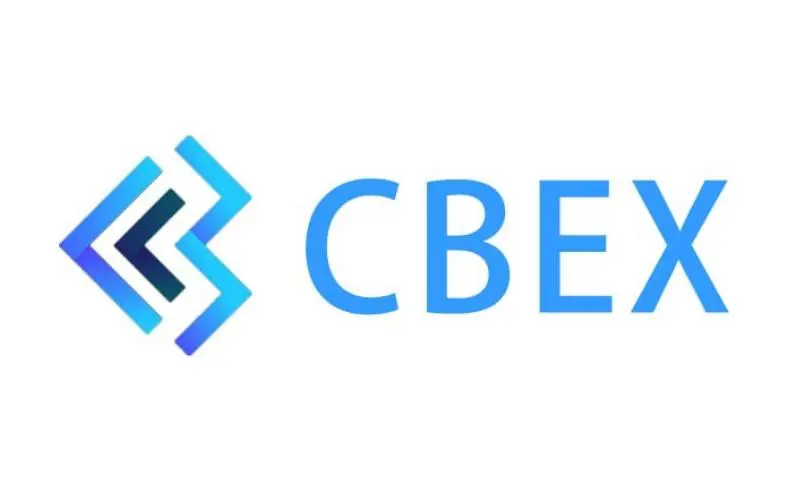Don’t miss out! Stay updated on the latest tax season changes and filing deadlines for 2024!
Hey SimplVesters,
Let’s talk taxes today. Tax season is upon us, and while it’s not always the most exciting time of year (not to mention how overwhelming it can be), but keeping up with the deadlines and requirements is crucial to avoid penalties. This issue of the SimplVest Newsletter is packed with essential items to consider before filing your 2023 tax return and avoid any nasty surprises from Uncle Sam.
Plus, the UK tax return deadline is right around the corner– so we’ll get into that, who needs to file those and some important dates and penalties you should keep in mind. Let’s get started!
🧮 Important Considerations for Your 2023 US Tax Return

Tax season for 2023 returns will kick off on Jan. 29, and we want to ensure you’re well-informed before filing. Here are key things you need to know:
1. Proposed Child Tax Credit Changes
The child tax credit is a crucial benefit for families, and proposed changes for 2023 could make it even more impactful for lower-income households. The child tax credit is currently worth up to $2,000 per qualifying child, with $1,600 of the credit being refundable. However, there are 19 million children who do not receive the full credit due to their parents’ low income.
The proposed changes aim to increase the refundable portion of the credit to $1,800 for 2023 and improve the formula for families with multiple children. These adjustments could provide a more substantial tax break for those who need it most. However, it’s important to note that negotiations for the bipartisan tax plan are still ongoing. If the changes are enacted, they might happen after the tax season begins on Jan. 29. Waiting before filing your tax return can ensure you benefit from any potential adjustments to the child tax credit.
2. Reporting Changes for Form 1099-K
If you received business income through payment apps like Venmo and PayPal or from e-commerce platforms like eBay, Etsy, or Poshmark, there have been changes regarding Form 1099-K. In 2023, you can expect payment apps to send you Form 1099-K if you had more than 200 transactions worth an aggregate over $20,000. However, the IRS will introduce a phased-in $5,000 limit for 2024.
It’s essential to understand that even if you don’t receive Form 1099-K, you must still report your business income. Failing to do so could lead to penalties and possible audits. A tax expert, Bill Smith, advises against attempting to cheat the system just because you didn’t receive a 1099-K. Sure, it’s tempting, but it’s simply not worth it. Reporting your income accurately instead is the better way to go, not to mention it saves you a lot of stutters down the road.
3. Explore Free Tax Filing Options
When it comes to filing your federal taxes, there are several free options available. One such option is the limited Direct File pilot program through the IRS. While the official launch date for Direct File is not set, the IRS aims to make it widely available to certain taxpayers by mid-March. This pilot program will initially be accessible to Arizona, California, Florida, Massachusetts, Nevada, New Hampshire, New York, South Dakota, Tennessee, Texas, Washington, and Wyoming residents.
Additionally, you can also consider other free tax filing options:
– IRS Free File: If your adjusted gross income is $79,000 or less, you can access online guided tax preparation software through IRS Free File.
– Volunteer Income Tax Assistance (VITA): VITA provides basic tax preparation services nationwide for individuals earning up to $64,000.
– AARP Foundation Tax-Aide: Eligible low- to moderate-income filers over the age of 50 can receive assistance through Tax-Aide.
– MilTax: Members of the military community can access a free filing option tailored to their needs.
– Free Fillable Forms: Taxpayers of all income levels can use Free Fillable Forms from the IRS, which is the electronic equivalent of filing a paper return.
These free tax filing options allow individuals with various income levels to file their taxes accurately without incurring additional costs.
😟Don’t Miss the UK Tax Return Deadline – Important Dates and Penalties Inside!

Away from giving Uncle Sam his dues, taxing in the United Kingdom has different nuances. The first step is; who needs to file tax returns? Let’s answer!
Do I need to complete a return?
If you’re employed and taxed at source (Pay-As-You-Earn), you might be exempt from completing a tax return. However, there are some instances where you might need to file one regardless, such as when you:
– Earn more than £1,000 from a side business or hobby
– Earn rental income from a property you own
– Have income from savings or investments above a certain threshold
– Receive tips or commission
– Receive over £10,000 in dividends and owe tax
– Need to pay the High Income Child Benefit Tax Charge
– Earn overseas income
Tax Return Deadline for the UK
For the UK tax year 2022/23 (6th April to 5th April), the deadline to submit your tax return is midnight on 31st October 2023 if you file on paper or 31st January 2024 if you file online.
Remember that the deadline may change if HMRC notifies you to submit an online tax return after 31st October 2023. In such cases, you’ll have three months from the notice date to file your return.
Penalties for Late Submission
Missing the tax return deadline can result in penalties, and we want to help you avoid that. Here’s what you could face:
– £100 penalty for paying tax just one day past the deadline
– Up to £1,000 penalty if you pay later than three months after the deadline
– An additional £300 penalty for payments made between six and 12 months late, or 5% of your tax bill
– Another £300 penalty or 5% of your tax bill for payments made more than 12 months late, plus other fines and 100% of the tax you owe.
So, make a note of these key dates to stay on top of your tax obligations #ImportantTaxReturnDatesToRemember
- 6th April 2023: The start of a new tax year with potential tax rate and allowance changes.
- 31st July 2023: Second payment deadline for self-employed individuals for the previous tax year.
- 5th October 2023: Register for self-assessment if you’ve never filed a tax return before.
- 31st October 2023: Deadline for paper tax return submissions, unless you receive a notice from HMRC.
- 30th December 2023: Deadline for online submissions with tax collection via your tax code for amounts owed less than £3,000.
- 31st January 2024: Final deadline for online self-assessment tax return submissions for tax year 2022/23.
- 5th April 2024: End of the tax year 2022/23.
Don’t let these dates sneak up on you! Mark them in your calendar to ensure a smooth tax season.
That’s all for now, folks. Remember, meeting the tax return deadline is absolutely necessary to avoid unnecessary penalties. If you have any questions or need assistance, don’t hesitate to contact HMRC or consult a tax professional.
Ready to conquer tax season with confidence?
We’ve created a handy cheat sheet for US tax filings with adequate knowledge and understanding of the system to help you take advantage of deductions and credits that can significantly reduce your tax liability.
Don’t forget to share this newsletter with friends and family who might need tax season guidance!












